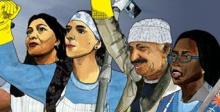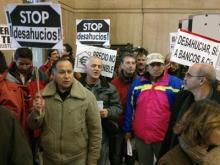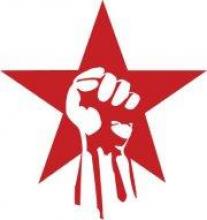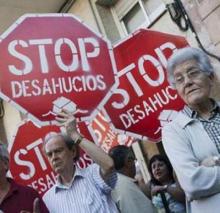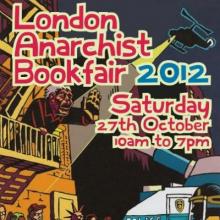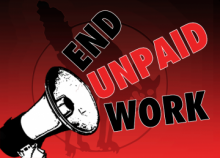Solidarity with the John Lewis Cleaners – For a Living Wage for All Workers
As part of an ongoing campaign, cleaners at a South London John Lewis have entered into a pay dispute with their employer. Although John Lewis purports to run on a socially responsible cooperative business model, the men and women who clean its shops are locked out of this “partnership”. Instead, they are hired through subcontractors who pay, at best, slightly above the national minimum wage.
Coming on the back of other successful living wage for cleaners campaigns, the John Lewis cleaners are demanding an immediate increase.
